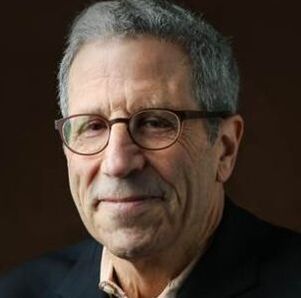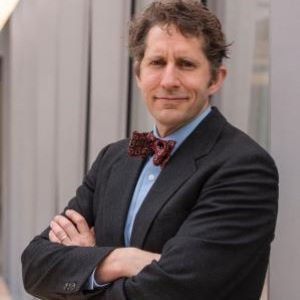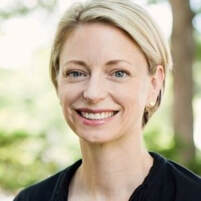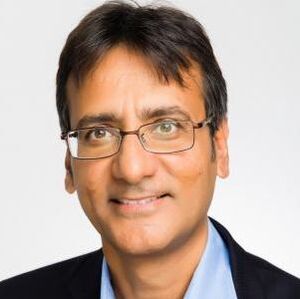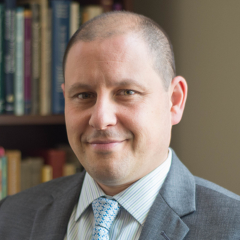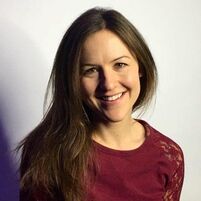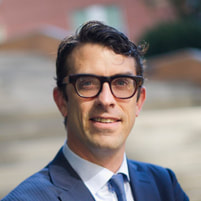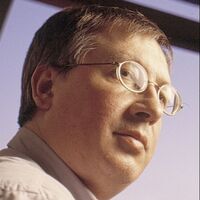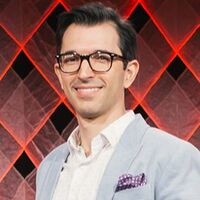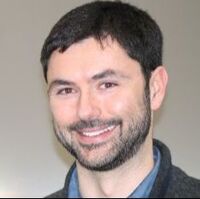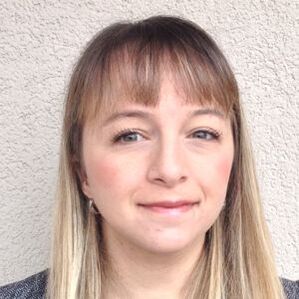|
About the speaker
Eric Maskin is the Adams University Professor and Professor of Economics and Mathematics at Harvard. He has made contributions to game theory, contract theory, social choice theory, political economy, and other areas of economics. He received his A.B. and Ph.D from Harvard and was a postdoctoral fellow at Jesus College, Cambridge University. He was a faculty member at MIT from 1977-1984, Harvard from 1985- 2000, and the Institute for Advanced Study from 2000-2011. He rejoined the Harvard faculty in 2012. In 2007, he was awarded the Nobel Memorial Prize in Economics (with L. Hurwicz and R. Myerson) for laying the foundations of mechanism design theory. |
|
James Evans
University of Chicago About the speaker
My research focuses on the collective system of thinking and knowing, ranging from the distribution of attention and intuition, the origin of ideas and shared habits of reasoning to processes of agreement (and dispute), accumulation of certainty (and doubt), and the texture—novelty, ambiguity, topology—of understanding. I am especially interested in innovation—how new ideas and practices emerge—and the role that social and technical institutions (e.g., the Internet, markets, collaborations) play in collective cognition and discovery. Much of my work has focused on areas of modern science and technology, but I am also interested in other domains of knowledge—news, law, religion, gossip, hunches, machine and historical modes of thinking and knowing. I support the creation of novel observatories for human understanding and action through crowd sourcing, information extraction from text and images, and the use of distributed sensors (e.g., RFID tags, cell phones). I use machine learning, generative modeling, social and semantic network representations to explore knowledge processes, scale up interpretive and field-methods, and create alternatives to current discovery regimes. |
|
Thalia Wheatley
Dartmouth College About the speaker
My goal is to better understand how minds align to transfer, share and create information and how this alignment scaffolds social connectivity. We study interacting brains and interacting communities using a multi-disciplinary approach that draws from neuroimaging, natural language processing, cross-cultural behavior and social network analyses. |
|
Rajiv Sethi
Columbia University About the speaker
In collaboration with Brendan O’Flaherty, I have examined the manner in which stereotypes affect interactions among strangers, especially in relation to crime and the criminal justice system. These include interactions between victims and offenders, officers and suspects, prosecutors and witnesses, and judges and defendants. Their book, Shadows of Doubt: Stereotypes, Crime, and the Pursuit of Justice was be published by Harvard University Press in 2019. With Muhamet Yildiz, I have explored communication among individuals who consider each other to have valuable information, but also believe that others are biased to different degrees in the manner in which they process information. In deciding where to seek information, therefore, people face a trade-off between sources that are well-informed (in the sense of having precise information about the world) and those that are well-understood (in the sense of having transparent biases). In previous work they have examined public disagreement and private information flows, and in current work are exploring the implications of correlated biases within social groups. I am also part of a large interdisciplinary team working on the forecasting of geopolitical events using methods that combine machine models with human judgment. My contribution to this effort involves the development of prediction markets in which people can bet against each other by buying and selling securities that pay a fixed amount if and only if a referenced event occurs. Forecasts derived from machine models are represented in these markets by trading bots that act as if they believe the model forecasts. The performance of the machine models can then be judged by the degree to which the bots representing them make or lose money in the markets. |
|
Hélène Landemore
Yale University About the speaker
I'm a political theorist interested in democratic theory, Enlightenment thinkers, political epistemology, constitutional theory, and the philosophy of social sciences. My book Democratic Reason (Princeton University Press 2013) was awarded the 2015 David and Elaine Spitz Prize for best book in liberal and/or democratic theory published two years earlier. My new book, Open Democracy: Reinventing Popular Rule for the 21st Century, will be out in the Fall 2020 with Princeton University Press. In it I imagine what genuine democratic representation means and how we could open up our narrowly electoral institutions to ordinary citizens, including via what I call "open mini-publics." |
|
Ezra Zuckerman
M.I.T. About the speaker
I am an economic sociologist whose research focuses on showing how an understanding of fundamental social processes is important for shedding light on key issues in business and management, as well as how an appreciation for the dynamics of business and management inform our understanding of fundamental social processes. My best known work is the demonstration the importance of categorical structures in shaping valuation in various markets. |
|
Lisa O’Bryan
Rice University About the speaker
I studied the foraging, social and communication behaviors of chimpanzees through observational field studies and captive experiments. For my first postdoc, she received a James S. McDonnell Foundation Postdoctoral Fellowship in Studying Complex Systems and joined the New Jersey Institute of Technology to develop and use wearable tracking devices for studying the role communication plays in the collective behavior of free-ranging animals, including wild baboons and domesticated herds. |
|
Jeff Howe
Northeastern University About the speaker
I am an assistant professor at Northeastern University. A longtime contributing editor at Wired magazine, he coined the term crowdsourcing in a 2006 article for that magazine. In 2008 I published a book with Random House that looked more deeply at the phenomenon of massive online collaboration. Called Crowdsourcing: How the Power of the Crowd is Driving the Future of Business, it has been translated into ten languages. |
|
Guy Theraulaz
Paul Sabatier University About the speaker
He studies swarm intelligence, collective behavior, and computational biology. |
|
Iyad Rahwan
Max Planck Institute About the speaker
My work lies at the intersection of computer science and human behavior, with a focus on collective intelligence, large-scale cooperation, and the societal impact of Artificial Intelligence and social media. My early work explored how social media can be used to achieve unprecedented feats, such as searching an entire continent within 9 hours, and re-assembling shredded documents. I led the winning team in the US State Department's Tag Challenge, using social media to locate individuals in remote cities within 12 hours using only their mug shots. |
|
Andrea Baronchelli
University of London About the speaker
I research the dynamics of social and cognitive systems using mathematical modelling, network and data science, and experiments with human subjects. Current interests include human collective behaviour (norms, categories, consensus, behaviour change, social contagion, online and offline social networks), blockchain-based ecosystems and cryptocurrencies, human mobility (cities, exploration/exploitation dynamics in physical and mental spaces, cognitive networks), and fundamental network science (time-varying nets, multiplex nets, diffusion processes on nets). |
|
Sabine Hauert
University of Bristol About the speaker
My research focusses in designing swarms that work in large numbers (>1000), and at small scales (<1 cm). Profoundly cross-disciplinary, I work between Engineering Mathematics, the Bristol Robotics Laboratory, and Life Sciences. Before joining the University of Bristol, I engineered swarms of nanoparticles for cancer treatment at MIT, and deployed swarms of flying robots at EPFL. |
|
Audrey Dussutour
Paul Sabatier University About the speaker
Her research specializes in ants, physarum polycephalum, and single-celled organisms . |
|
Thomas W. Malone
M.I.T. About the speaker
He is the founding director of the MIT Center for Collective Intelligence. At MIT, he is also a Professor of Information Technology and a Professor of Work and Organizational Studies. Previously, he was the founder and director of the MIT Center for Coordination Science and one of the two founding co-directors of the MIT Initiative on “Inventing the Organizations of the 21st Century.” Professor Malone teaches classes on organizational design, information technology, and leadership, and his research focuses on how new organizations can be designed to take advantage of the possibilities provided by information technology. |
